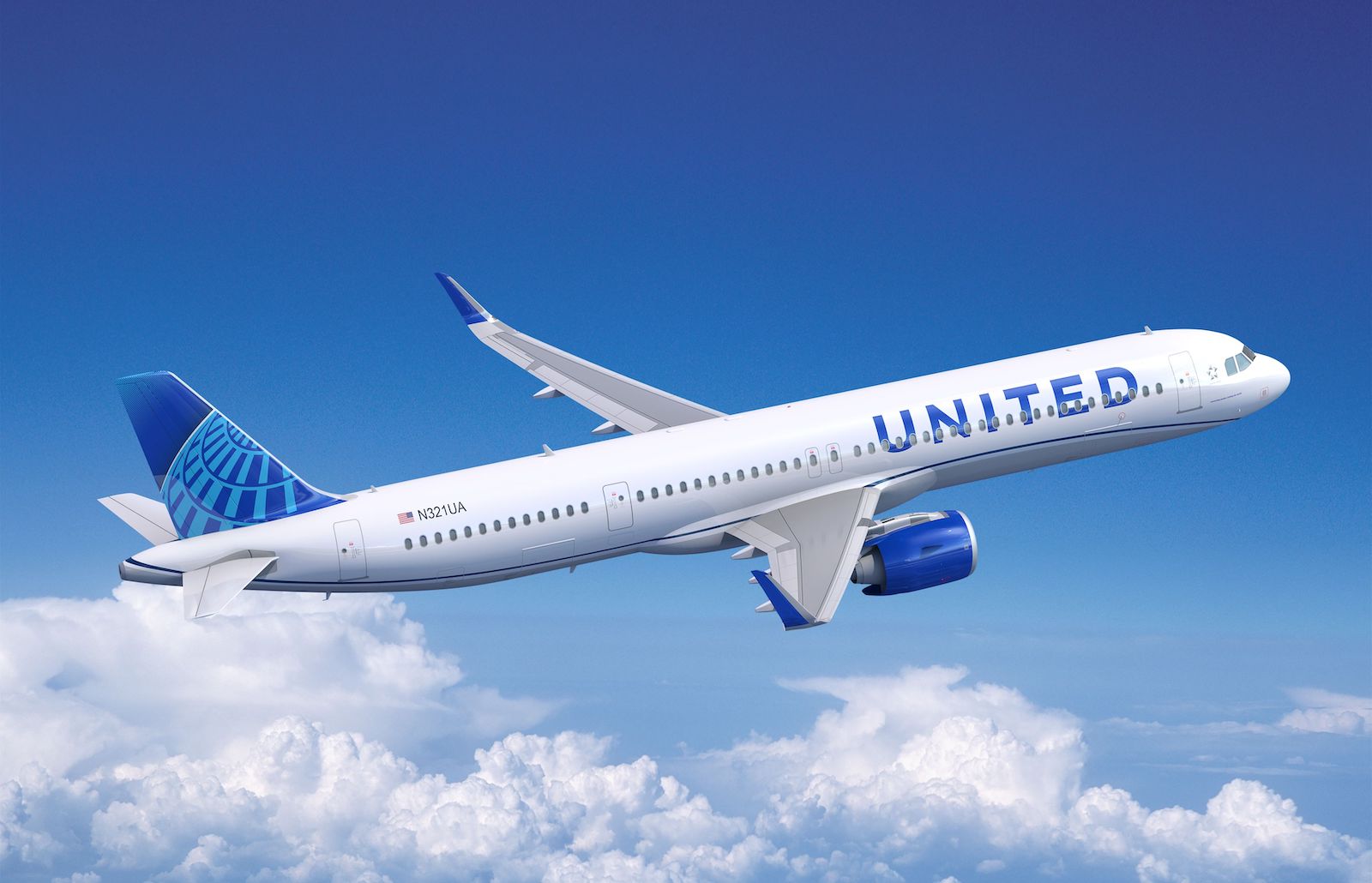United Triples SAF Use in 2023
United Airlines to Triple Sustainable Aviation Fuel Use in 2023 Compared to Previous Year
United Airlines is planning to significantly increase its use of sustainable aviation fuel (SAF) in 2023. The US airline expects to consume 10 million gallons of SAF, almost triple the amount it used in 2022 and ten times more than what it used in 2019. In April, United began receiving SAF deliveries at San Francisco International Airport and will soon start flying flights using a blend of SAF and jet kerosene from there. United also plans to begin delivering SAF to London Heathrow later this year, participating in the airport's SAF subsidy incentive scheme.
United has invested in producers of SAF that use a range of sources, including ethanol, algae, and CO2. The airline's chief sustainability officer, Lauren Riley, believes these investments, in addition to collaboration with policymakers, cross-industry businesses, and other airlines, will help to scale the new industry to achieve success comparable to solar and wind power. However, 10 million gallons of SAF in 2023 represents only a fraction of what United needs to reach its net-zero emissions goal by 2050.
According to Cirium data, United burned 830,398 tonnes of fuel in December 2022. Assuming a similar level of fuel consumption in December 2023, one month's share of United's projected SAF use for the year would be 3,167 tonnes, representing 0.4% of its fuel consumption for that month. United has invested in the future production of more than 5 billion gallons of SAF to date and claims that the launch of SAF-powered flights departing from San Francisco and Amsterdam this year will allow it to fly more miles using alternative fuel than any other airline.
The US Inflation Reduction Act signed into law by President Joe Biden in August 2022 is expected to help spur the development of SAF infrastructure and supply while lowering costs for SAF consumers. The law includes new tax credits and grants for SAF production, transport, blending, and storage, as well as credits for carbon capture, solar, and wind projects.
